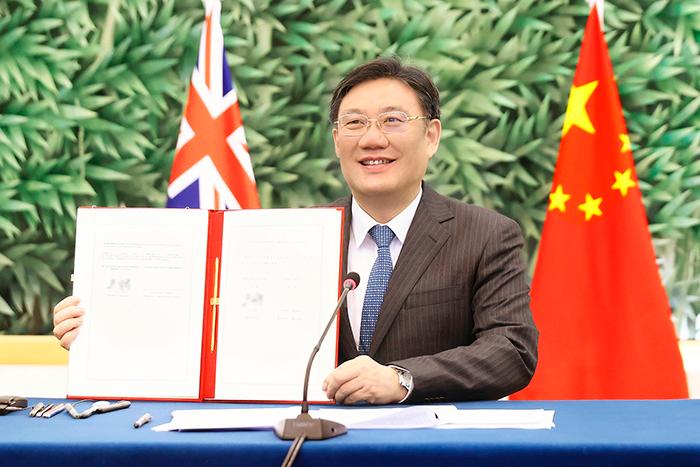China’s Ministry of Commerce has proposed new export restrictions targeting technologies processing critical minerals like lithium and gallium. The proposed measures, detailed in a document released on Thursday, aim to strengthen Beijing’s hold on global mineral supply chains.
The restrictions, if implemented, will focus on technology critical for producing electric vehicle (EV) battery components and processing minerals. This move aligns with Beijing’s broader strategy to maintain dominance in these industries. Public commentary on the proposals is open until February 1, though the timeline for enforcement remains unspecified.
“China currently processes 70% of the world’s lithium, a key material for EV batteries.” According to Adam Webb, head of battery raw materials at Benchmark Mineral Intelligence. “The restrictions could help Beijing secure its market position and strengthen domestic battery supply chains.”
However, such measures might create obstacles for Western lithium producers relying on Chinese chemical production technology.
The proposed restrictions are part of a broader trend. Over recent years, Beijing has introduced various bans and limitations targeting critical minerals and related technologies. These announcements come just weeks before Donald Trump begins his second term as U.S. President, a period anticipated to bring increased tariffs and trade restrictions against China.
The proposed changes may also hinder the international expansion plans of Chinese battery giants, including EVE Energy, CATL, and Gotion. Similarly, restrictions on gallium extraction technologies could complicate efforts in this sector. These measures highlight Beijing’s dual focus on securing domestic production and managing its global trade strategy.
“These proposed measures would be a move to maintain this high market share and to secure lithium chemical production for China’s domestic battery supply chains,” said Adam Webb of Benchmark Mineral Intelligence.
He added,
“Depending on the level of export restrictions imposed, this could pose challenges for Western lithium producers hoping to use Chinese technology to produce lithium chemicals.”
While the restrictions aim to bolster China’s control over critical mineral processing, they could disrupt international supply chains and innovation in the battery industry. The global response to these measures will likely shape the trade and technological landscape in the months ahead.

